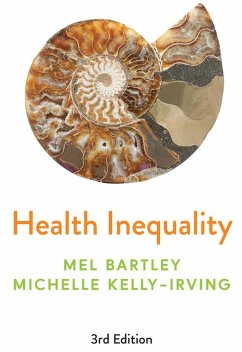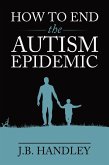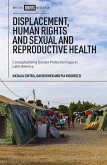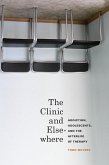The persistence of stark health inequalities in today's world is painfully clear to see, not least in the effects of the Covid-19 pandemic and falling life expectancy in many parts of the world. How can we advance our understanding of the full extent of health inequality, what drives it, and ways to address it? The third edition of this popular book closely examines the influence of social class, gender, and race/ethnicity (among other issues) on health in the light of broad macro-political contexts. The classic behavioural, psychosocial, and material approaches to health and their embodiment within a life-course perspective are introduced but, importantly, are also re-situated within the growing understanding of the commercial and political determinants of health. Bartley and Kelly-Irving draw on extensive new evidence that shows how the chances for everyone to lead a long and healthy life depend on where power lies to control health-damaging policies and introduce health-promoting ones. Health Inequality will continue to be essential reading for students taking courses in the sociology of health and illness, social policy and welfare, health sciences, public health and epidemiology and all those interested in understanding the consequences of social inequality for health.
Dieser Download kann aus rechtlichen Gründen nur mit Rechnungsadresse in D ausgeliefert werden.









